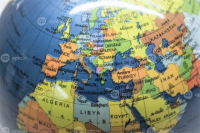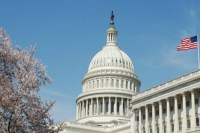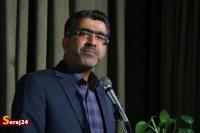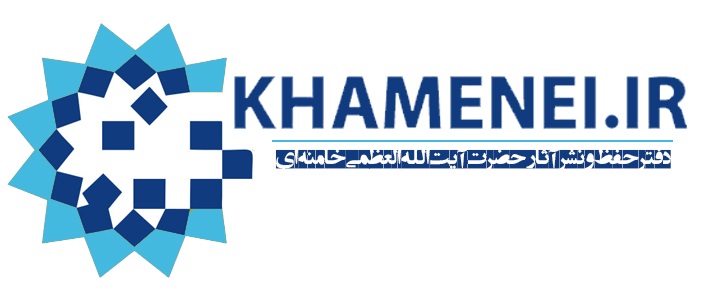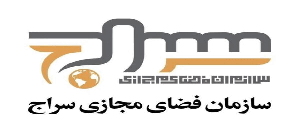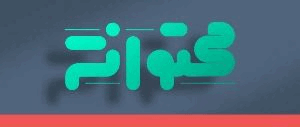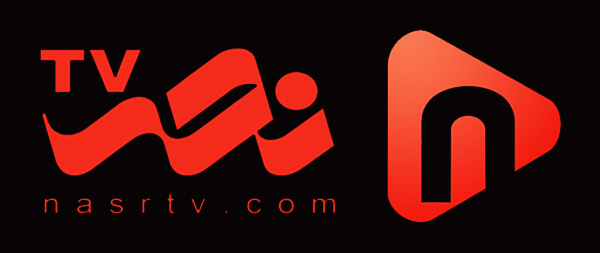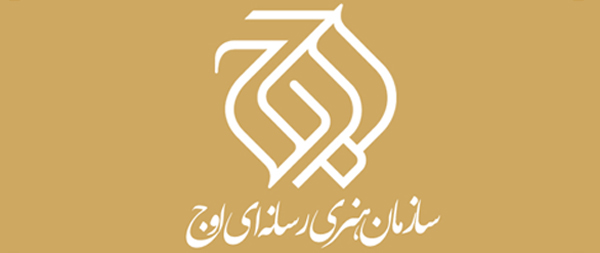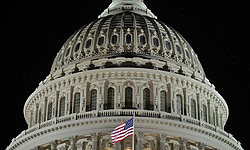
Among them have been Demand Progress and Fight for the Future, who this week helped 300,000 citizens send a petition against CISPA to the lawmakers behind it, Mashable reported.
Those 300,000 online signatures were e-mailed to the House Intelligence Committee, which is currently debating the reintroduced CISPA.
A dedicated Twitter account, @CISPApetition, has been tweeting a set of signatures every hour to the chairman and ranking member of that committee - who together authored the bill - with the hashtag #NoCISPA.
"The signatures we are delivering today represent just a small portion of the people who have taken action against the privacy invasions of CISPA 1.0 and 2.0," said Tiffiniy Cheng of Fight for the Future in a statement.
"Altogether, over 1 million signatures opposing CISPA have been collected by organizations including Avaaz, Electronic Frontier Foundation, ACLU, and Free Press. Privacy and free speech advocates have many concerns with the bill, which would allow companies to secretly share user's private data with the government in unprecedented ways. "
CISPA would allow government agencies and private businesses to share information about cybersecurity threats with one another in the name of bolstering the country's cybersecurity defenses. Many technology firms, including Facebook and Google, support CISPA. However, privacy advocates have long argued CISPA presents a grave threat to free speech.
"If CISPA becomes law, it will be a major blow to our online privacy," wrote Free Press' Josh Levy in a recent blog post. "But more than that, CISPA's passage would have a chilling effect on our freedom to connect online. We won't feel as free to state unpopular opinions, or to speak truth to power, if we know that Big Brother is getting a feed of everything we say and do. "
CISPA passed the House last year despite a veto threat from the White House. It stalled after failing to be picked up in the Senate, which was debating several of its own cybersecurity bills.




